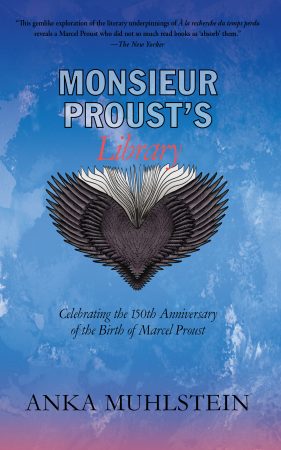How did Proust read? As a child, like all of us: for the plot and characters. But even at a very young age he was outraged by the fact that grownups considered reading as something one did to amuse oneself. “My great-aunt,” he recalled in Days of Reading, “would say to me, ‘How can you go on amusing yourself with a book; it isn’t Sunday, you know!’ putting into the word ‘amusing’ an implication of childishness and waste of time.” For little Marcel, reading was not fun; it was traumatic. He cried at the end of every book and was unable to go to sleep, desolate at the idea of leaving the characters he had grown attached to: “These people for whom one has gasped or sobbed, one will know nothing more of them […] one would have so liked for the book to continue.”
Proust read as a moralist, in the sense that reading could lead to greater self-knowledge, a salutary discipline sometimes necessary to shock a lazy mind into action. And he read as a novelist, an artisan of the written word, endlessly analyzing the style and technique of other authors, whether he liked their work or not. Finally, Proust read as a homosexual, extremely sensitive to all transgressions and ambiguities of gender.
The scope of his reading was too vast to allow for a list of favorites. All the writers who are important to the characters in the novel are French, but Proust, although he did not read English with ease, had a special affinity for British and American literature and was greatly influenced by them. “It is curious that in all the different genres, from George Eliot to Hardy, from Stevenson to Emerson, there is no literature which has had as much hold on me as English or American literature. Germany, Italy, very often France leave me indifferent but two pages of The Mill on the Floss reduce me to tears,” he wrote.

